The controversy surrounding Sinner’s withdrawal from the Davis Cup highlights the clash between sports, business, and responsibility.
Italian tennis star Sinner has recently become embroiled in a controversy far beyond tennis itself. For his decision to skip the upcoming Davis Cup, the 24-year-old athlete faced harsh criticism from CODACONS, an NGO dedicated to protecting consumer and civil rights, which demanded the revocation of all his official honors, including his appointment as sports diplomacy ambassador, the gold medal of sporting merit, and the honorary citizenship of Turin.
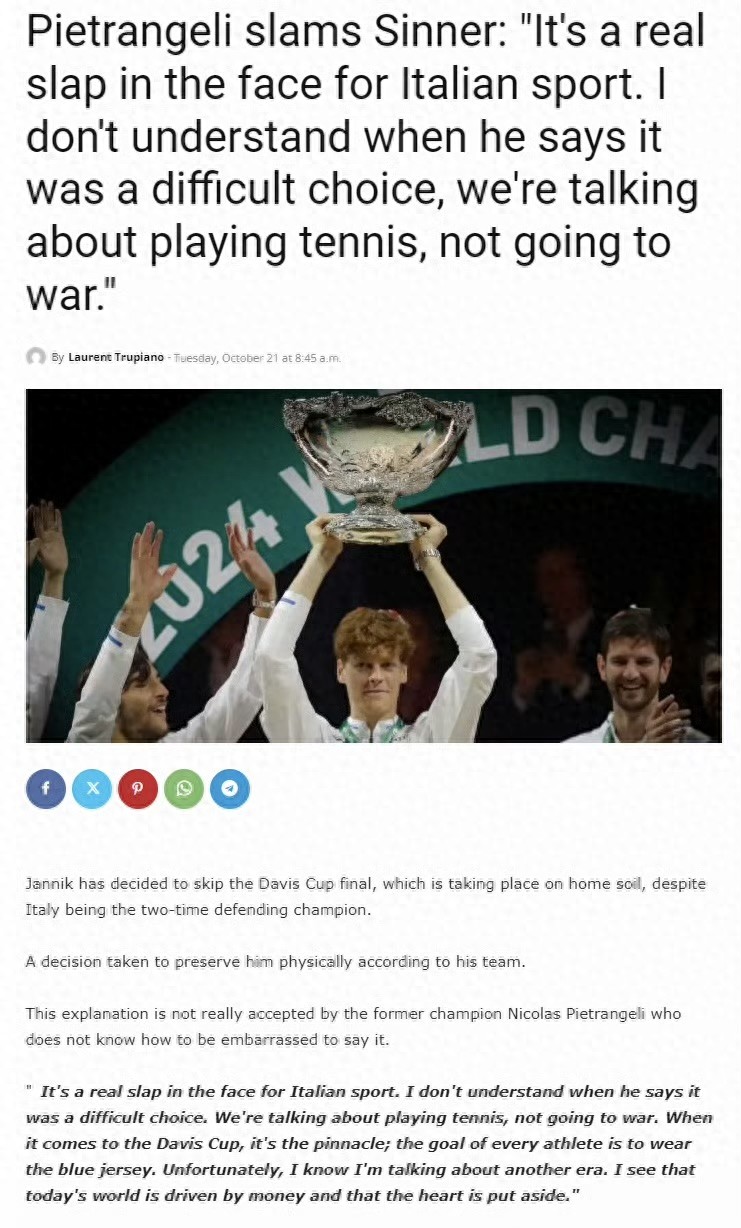
In a sharply worded statement, CODACONS declared that Sinner’s choice was “an insult to Italy, the Italian people, and millions of tennis fans.” The organization acknowledged every athlete’s right to make career decisions but stressed that “prioritizing financial gain over the interests of the nation represented” must come with consequences.
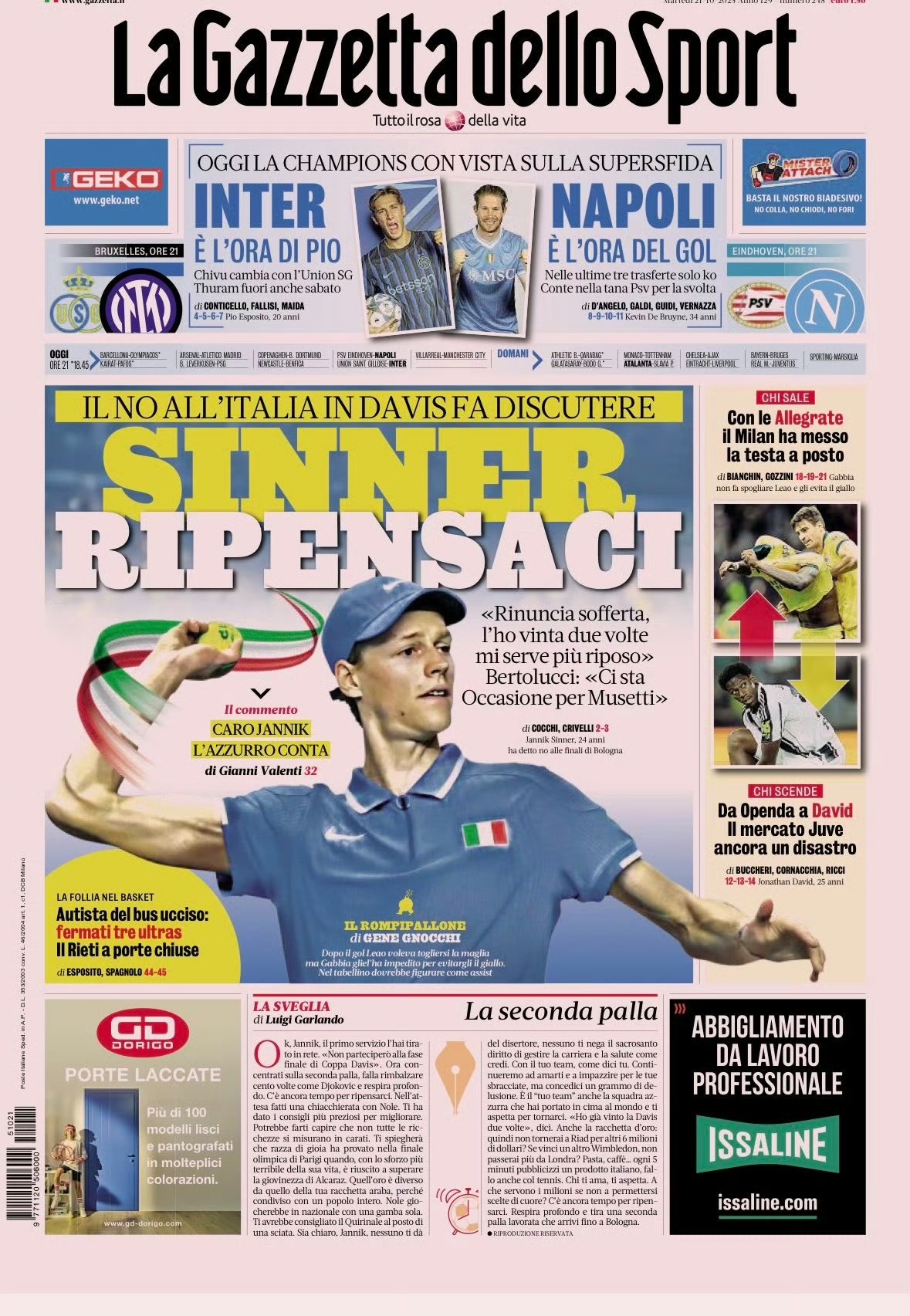
More strikingly, the statement included a pointed critique: “If Sinner reduced the time spent filming commercials, regardless of the product, perhaps he could represent his country more effectively in sports and other arenas.” This remark cuts to the core of the enduring tension between commercial interests and responsibilities in professional sports.
The three honors singled out each symbolize Italy’s recognition of this young athlete: the sports diplomacy ambassador role from the Foreign Ministry reflects his national image on the international stage; the gold medal of sporting merit from the Italian Olympic Committee represents the highest acknowledgment of his athletic achievements; and the honorary citizenship of Turin embodies local community pride.
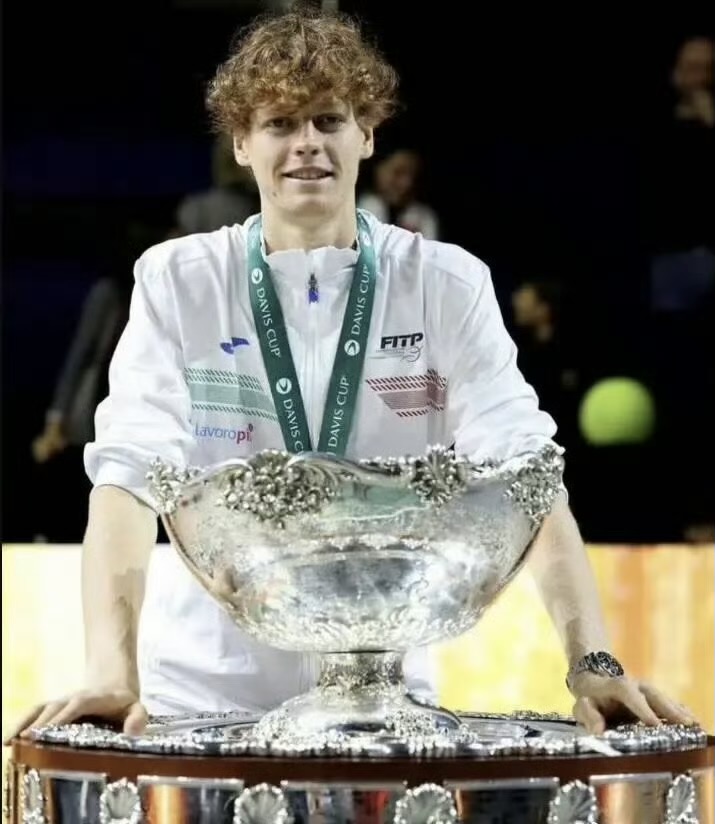
CODACONS’s demand raises a fundamental question: should national honors be tied to an athlete’s record of representing the national team? When athletes accept these honors, do they implicitly agree to a moral contract to serve the national team?
On the other side of the controversy lies the harsh reality of modern professional tennis. Currently ranked second in the world, Sinner is in the prime of his career. Scheduling for top athletes is a precise science, balancing competition, training, and rest to prevent injuries and maintain peak performance.
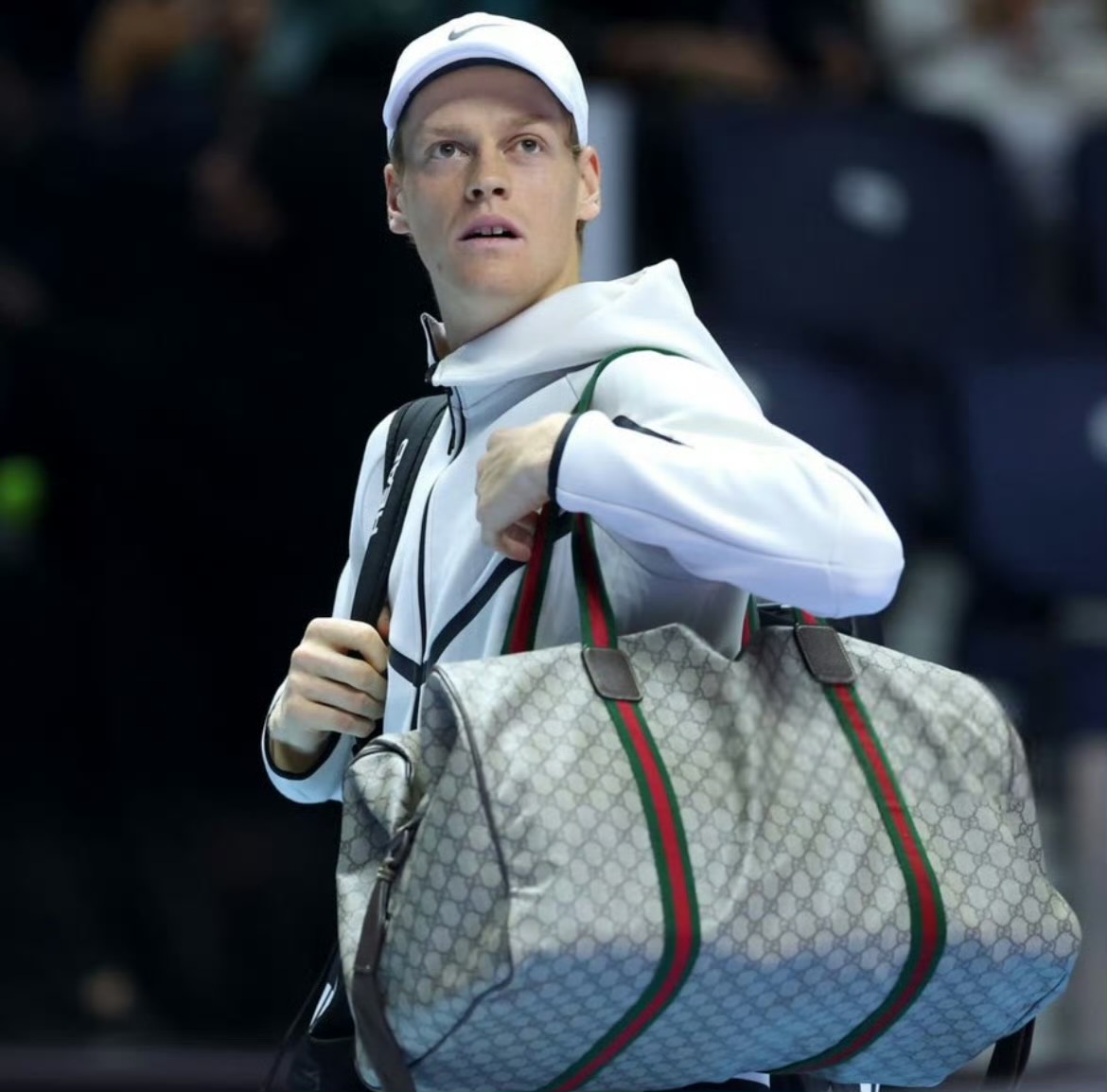
Regarding endorsements, commercial partnerships are indeed a vital part of a professional athlete’s income, but they also impose strict demands from brands for athlete exposure. Reducing advertising filming time sounds simple but can involve complex contractual obligations.
From a career planning perspective, an athlete’s professional life is short and precious. For Sinner, balancing national duty with prolonging his career is a matter requiring careful consideration.
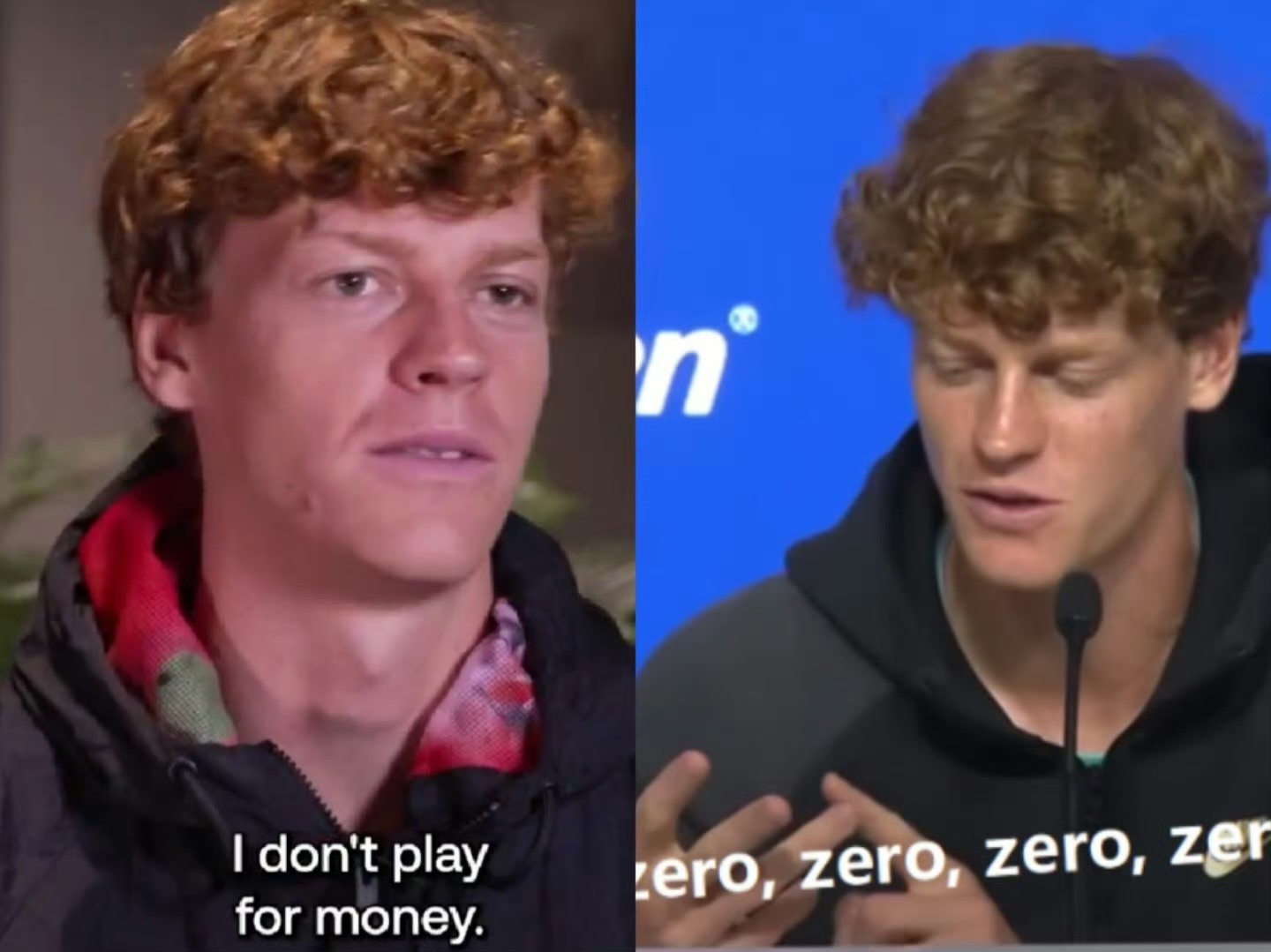
This controversy reflects differing societal expectations of athletes in Italy. In a country with a deep sporting tradition, representing the nation is regarded as one of the highest honors. CODACONS’s stance embodies the traditional value that national honor should supersede personal interests.
However, the globalization of professional sports has also brought shifts in values. Younger athletes and fans may be more inclined to see athletes primarily as individual professionals before national representatives.
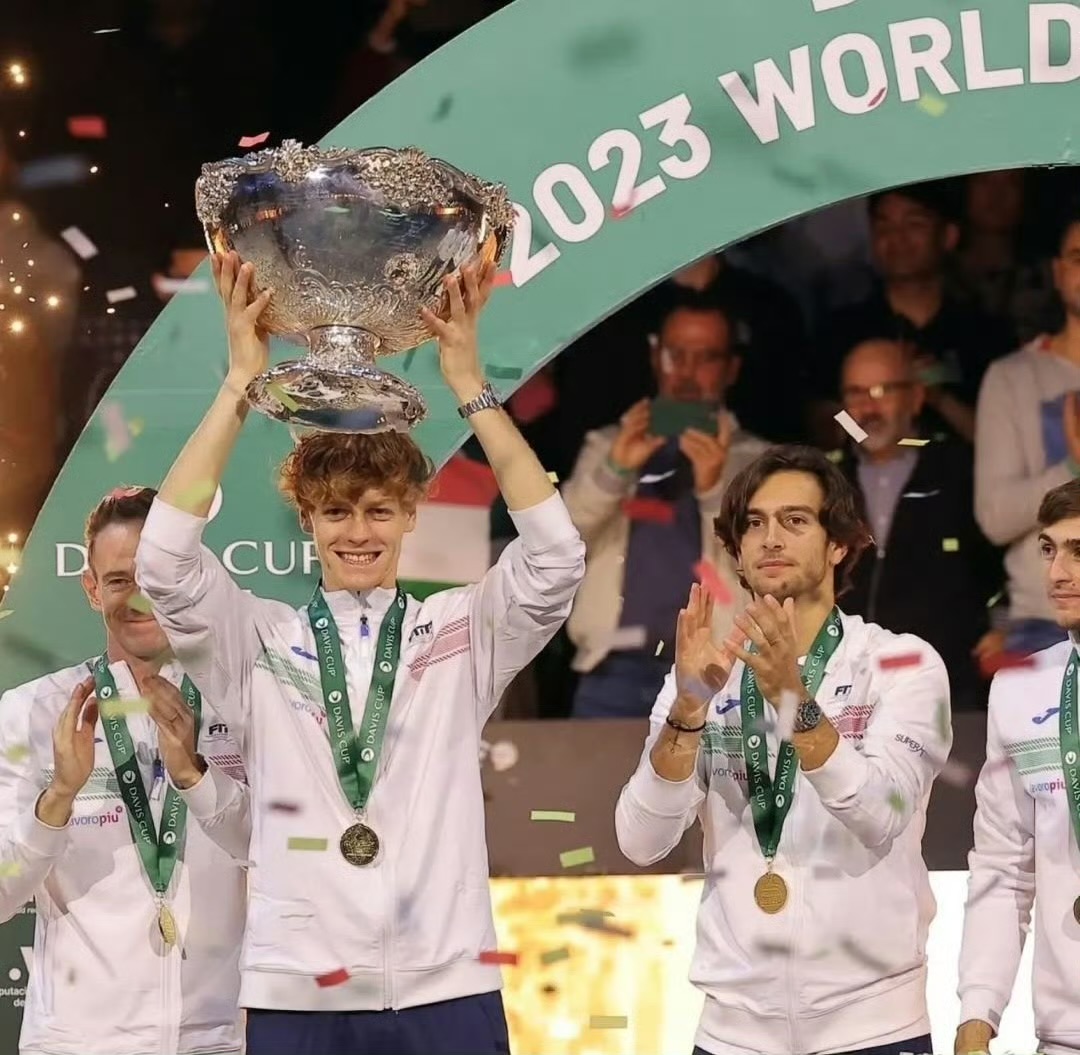
Similar disputes are common worldwide in sports, but directly demanding the revocation of already granted honors remains rare.
In the era of professional sports, finding a balance between personal career and national responsibility is a challenge every top athlete must face. Perhaps the solution lies not in an either-or choice but in creating more flexible systems that respect athletes’ career plans while ensuring the national team’s competitiveness.
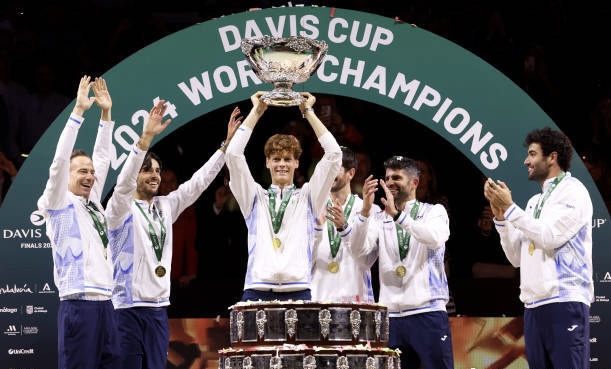
Sports authorities might need to consider adjusting competition formats and organization methods to make representing the country more appealing to elite athletes rather than relying solely on moral obligations.
For Sinner, this controversy is undoubtedly a growing pain. How he manages to uphold his personal career planning while maintaining good relations with the domestic sports community will test the wisdom of the young star and his team.
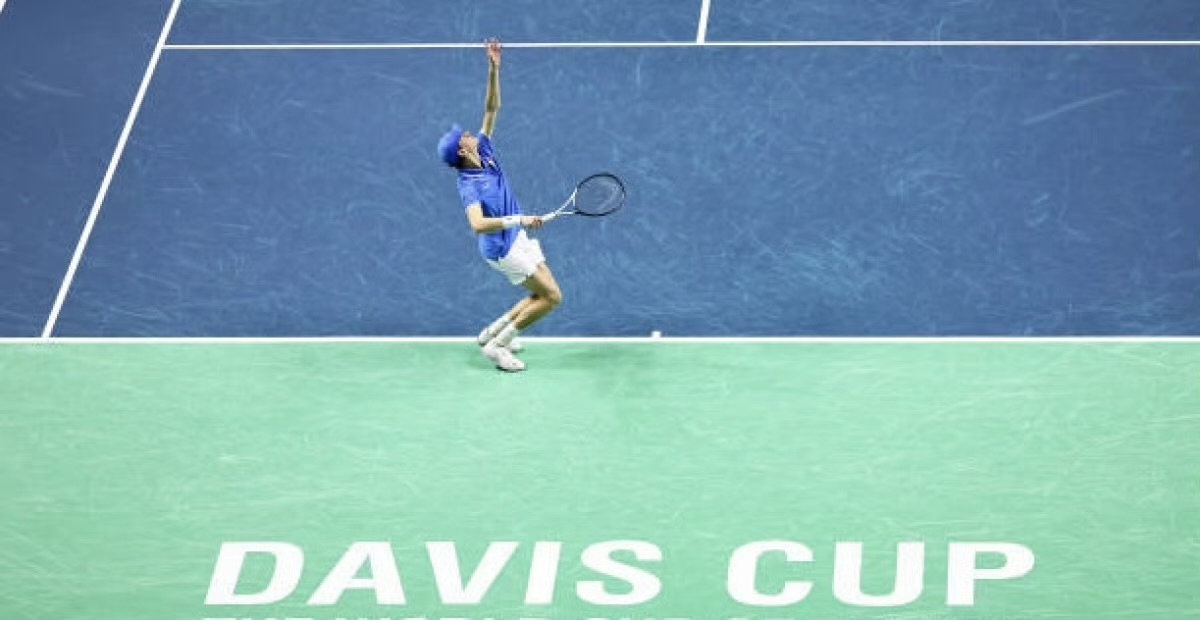
Regardless of the outcome, this dispute raises a profound question: in the commercialized modern sports environment, what role should national honor truly play? The answer may be far more complex than we imagine.(Source: Tennis Home Author: Mei)







 Links
Links
 Contact
Contact
 App
App


